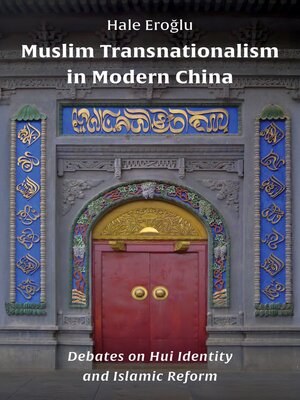Muslim Transnationalism in Modern China
ebook ∣ Debates on Hui Identity and Islamic Reform · Columbia Studies in International and Global History
By Hale Eroğlu

Sign up to save your library
With an OverDrive account, you can save your favorite libraries for at-a-glance information about availability. Find out more about OverDrive accounts.
Find this title in Libby, the library reading app by OverDrive.



Search for a digital library with this title
Title found at these libraries:
| Library Name | Distance |
|---|---|
| Loading... |
In the early twentieth century, as the multiethnic Qing empire transformed into the Republican Chinese nation-state, Chinese Muslims faced new challenges, confronting competing visions of nation-building, religion, secularism, democracy, and modernity. In this book, Hale Eroğlu explores how a group of key figures navigated this complex landscape, offering a transnational intellectual history of Chinese Muslim thought.
Muslim Transnationalism in Modern China provides a portrait of underrecognized reformists who aimed to turn Muslim subjects into active Chinese citizens and revive "true" Islam in order to aid China's development and promote peace. Eroğlu examines reformists' engagement with local and transnational Muslim currents, spanning "orthodox," "heterodox," reformist, secular, and socialist movements from Egypt, Britain, India, Turkey, and the Soviet Union. She reveals their varied strategies and highlights how they adapted global ideas to address local challenges such as the policies of the Nationalist and Communist parties, the antireligion discourse of the New Culture Movement, and the anti-Islam rhetoric of Christian missionaries. Drawing from Republican and early Communist-era journals, Chinese translations of Islamic sources, and memoirs and travelogues, this book offers a nuanced understanding of Chinese-speaking Muslim intellectuals' efforts to balance local and global influences in shaping their community's future.







